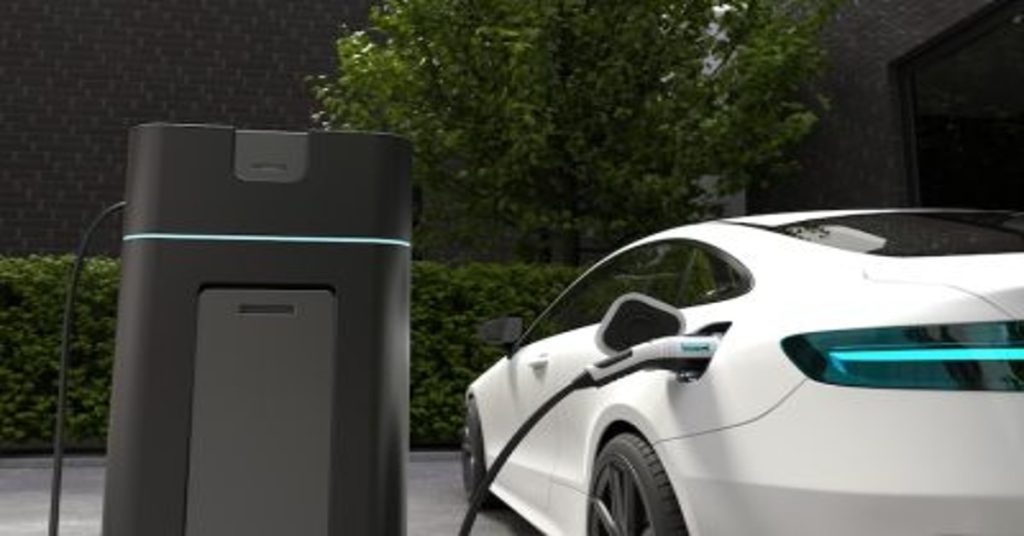Robotaxi: The Future of Ride-Hailing
Robotaxi: The Future of Ride-Hailing According to a recent study, the people of the United States alone spent 89 billion hours behind the steering wheel in 2019, Averaging 59 minutes per driver every day. People would have a slightly higher standard of living if this time were spent on more productive activities. Another study …








